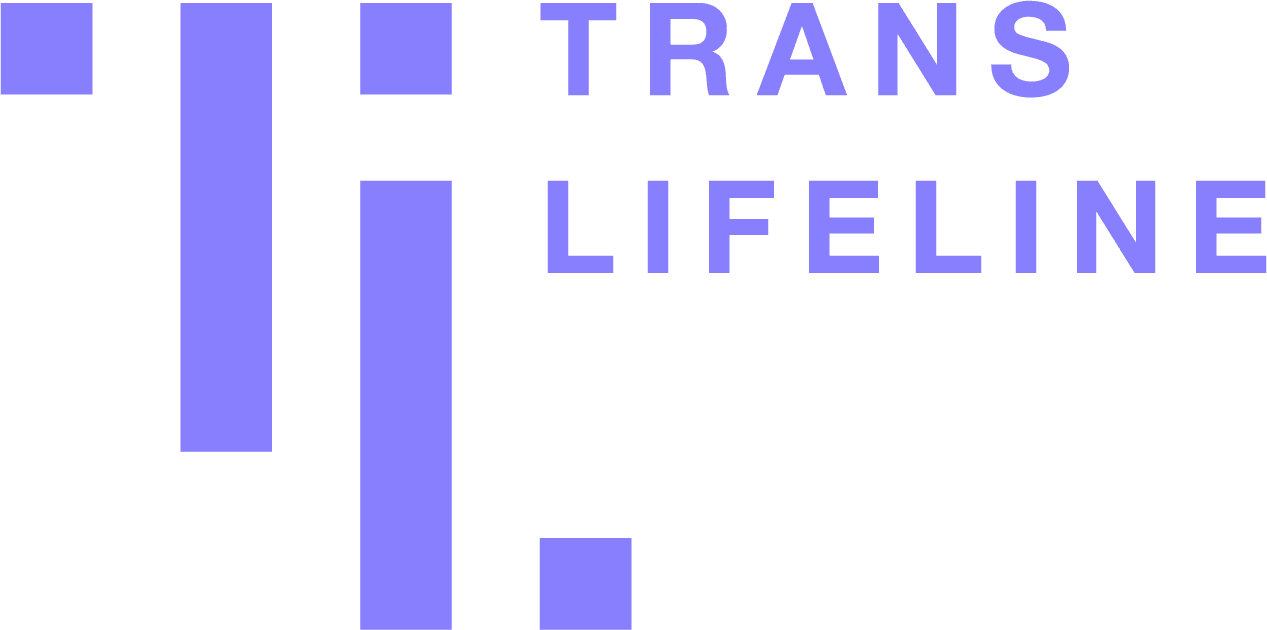Resources
-
Sexual Orientation
-
Silicone Injection Surgery
A procedure by which substances (typically but not necessarily silicone) are injected into an individual’s body to reshape certain aspects of its structure. Silicone injection surgeries may be performed for various reasons on people of various identities. For instance, some transmasculine people may use silicone to achieve more defined pectorals. In contrast, some transfeminine people…
-
Social Construct
The conceptualization or interpretation of an idea based on a collective perspective established within a group of people or society, which may or may not reflect objective reality (Oxford, 2020). The idea of the gender binary is a social construct since different gender configurations exist in various societies throughout the world.
-
Spironolactone
A diuretic steroid with antiandrogenic properties used to suppress the effects of endogenous testosterone in people undergoing hormone replacement therapy. Spironolactone (referred to as “spiro” by some transgender people) is sometimes taken with other hormones, such as estradiol. Kara started her medical transition by taking spironolactone, an androgen blocker.
-
Standards of Care
A set of guidelines and procedures established by a healthcare institution, ostensibly to maintain quality assurance and establish a degree of legal protection for clients and physicians. Some of these guidelines, however, may present barriers to accessing medical transition (see: gatekeeping).
-
Stealth
Living full-time as one’s true gender without revealing one’s transgender status to others, sometimes for safety purposes. Jordan was stealth at work because disclosing his transgender status might have provoked hostility from bigoted co-workers.
-
STP
An acronym meaning “Stand to Pee.” A device that allows urination from a standing-up position. Some packers may also function as STP devices (see: packing).
-
Street Hormones
Hormones procured from unlicensed parties and administered without oversight by a medical professional (“from the street”). While specific reasons vary from person to person, some people may use street hormones to circumvent economic and/or social barriers such as gatekeeping or lack of health insurance, which may prevent the acquisition of HRT through a licensed doctor.…

